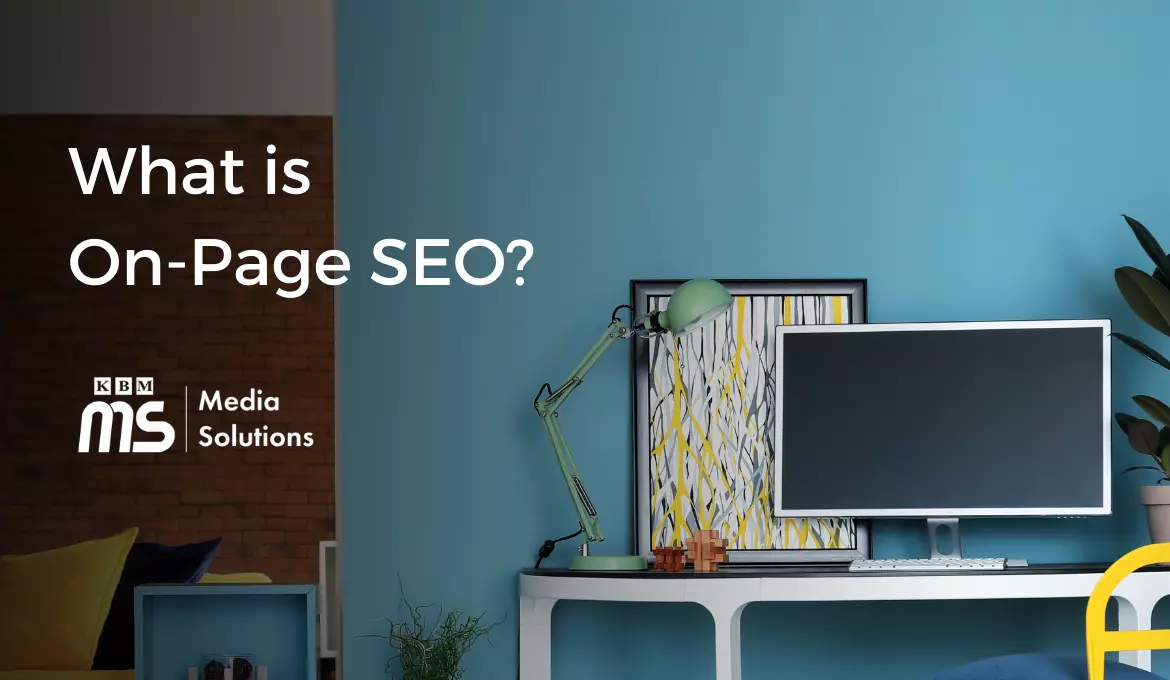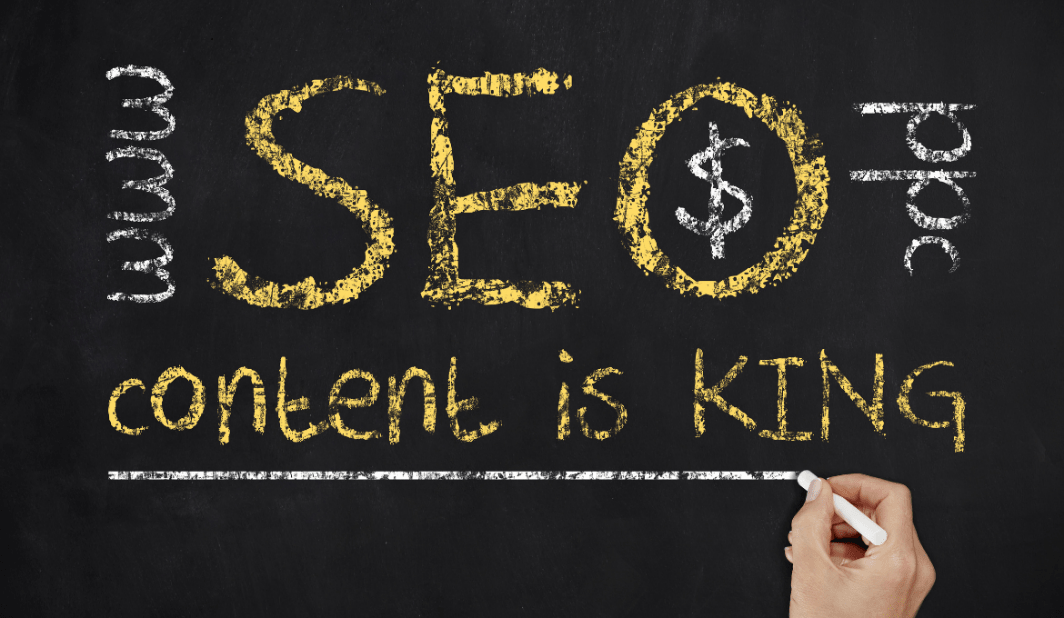What is On-Page SEO?

Posted on Aug 30, 2021
Why use SEO for your business
A Search Engine Optimization strategy is crucial for the success of your business. In this digital age, every organisation is moving towards Digital Marketing. It is of great importance that you adapt to the dynamic world because only then you’ll be able to have an edge over your competitors.
Having your presence on digital media has become essential, there are millions of web pages on search engines and competition is on the rise. To find out how you can increase your digital presence visit https://www.kbmmediasolutions.com/blog/how-to-improve-your-digital-presence.php. Initially making your business visible to your audience is highly important, let alone influencing people to make a purchase. For this, businesses adopt SEO strategies that play an integral role in making your website prominent and rank on search engines.
A business’s website acts as a hub of POC (Point of contact). The more developed it is, the easier it for users to find relevant information. Optimising your website can lead to better trafficking and leads, so before moving on to running ads outside your website, it’s important to configure your website in such a way that it becomes discoverable and more visible on search engines. Whether it’s the content or interface of the website, you should optimize it all to make it rank on search engines.
This phenomenon of optimising your website from within is known as On-Page SEO.
What is On-Page SEO?

On-Page SEO (also known as On-site SEO) is an action taken to optimise parts of your website that improve overall search engine ranking (SER). Where your webpage ranks on the search engine is determined by a number of factors, such as:
- Site accessibility
- Page speed
- Content
- Keywords
- Titles
On-Page SEO is highly effective since you have control over your website and its elements. It is best that you optimise your website considering all of the determining factors that rank you on top of search engines, like google.
Why is on-page SEO Important?
On-Page SEO acts as a guide for users to your website. Search engines analyse your website and the content associated with it so it can help any users finding information that might be available on your website more easily. Google is the most popularly used search engine, whose algorithm constantly updates so that it can understand the searcher’s intent and tend to their query effectively. As Google keeps developing, so should your website.
It is important that your website and content are optimised to the extent where users can discover you more explicitly and search engines understand your SEO strategy. Although, recommended SEO optimisation strategy should be planned according to Google, the most used search engine in the world. You need to have knowledge about Google’s algorithm so that you can develop an up-gradation strategy of your own where you can adjust accordingly. This will help Google in understanding your website and content. Therefore, ranking you higher in the list. Learn more about how YouTube has developed its SEO to gain over two billion users per month https://www.kbmmediasolutions.com/blog/youtube-seo.php. 70% of marketers see SEO as more effective than PPC. impactplus,2021
Important On-page SEO elements

- Content
Everyone needs to follow the “Content is king” approach. Targeting the right keywords, description, metadata, and internal linking. Optimising content is the first step to generating more traffic on your website, without which your website wouldn’t stand out.
- Keywords
Keywords used to be less important a few years ago, but now they have become a cornerstone in SEO. Nowadays, attention has shifted towards long-tailed keywords which better fit the search engine’s patterns. Think of what your audience is searching for and what is the changing trend in keyword research. Using the right keywords would lead to organic reach and growth.
- Title tags
Title tag refers to the title of the web page or the heading you see on the Search engine ranking. It is highly important to have the right wording for your web page title because it’s the first thing the user would see while searching for information. It’s optimum to keep the title to 65 characters or less.
- Meta Description
A Meta description is a short paragraph that appears under the URL on the search engine’s result page and below the headline of the social post. It basically summarises the content present on the webpage and helps users identify what webpage would answer their query, more importantly, it’s written to help you stand out on search engine rankings (SER). The optimum number of characters used in Meta description should be kept under 155, to ensure that your metadata is discoverable.
- URL Structure
Just like other factors listed above, having a formulated URL structure helps search engines to crawl from one webpage to another more easily. Content over that URL structure needs to be optimised so more of your web pages are easily detectable by search engines. URLs should contain specific keywords that reflect your webpage and especially what users are more likely to search for. URLs are supposed to be short and concise, using a primary keyword and not using any redundant words.
To learn more about Digital Marketing, visit: https://www.kbmmediasolutions.com/digital-marketing-training.php